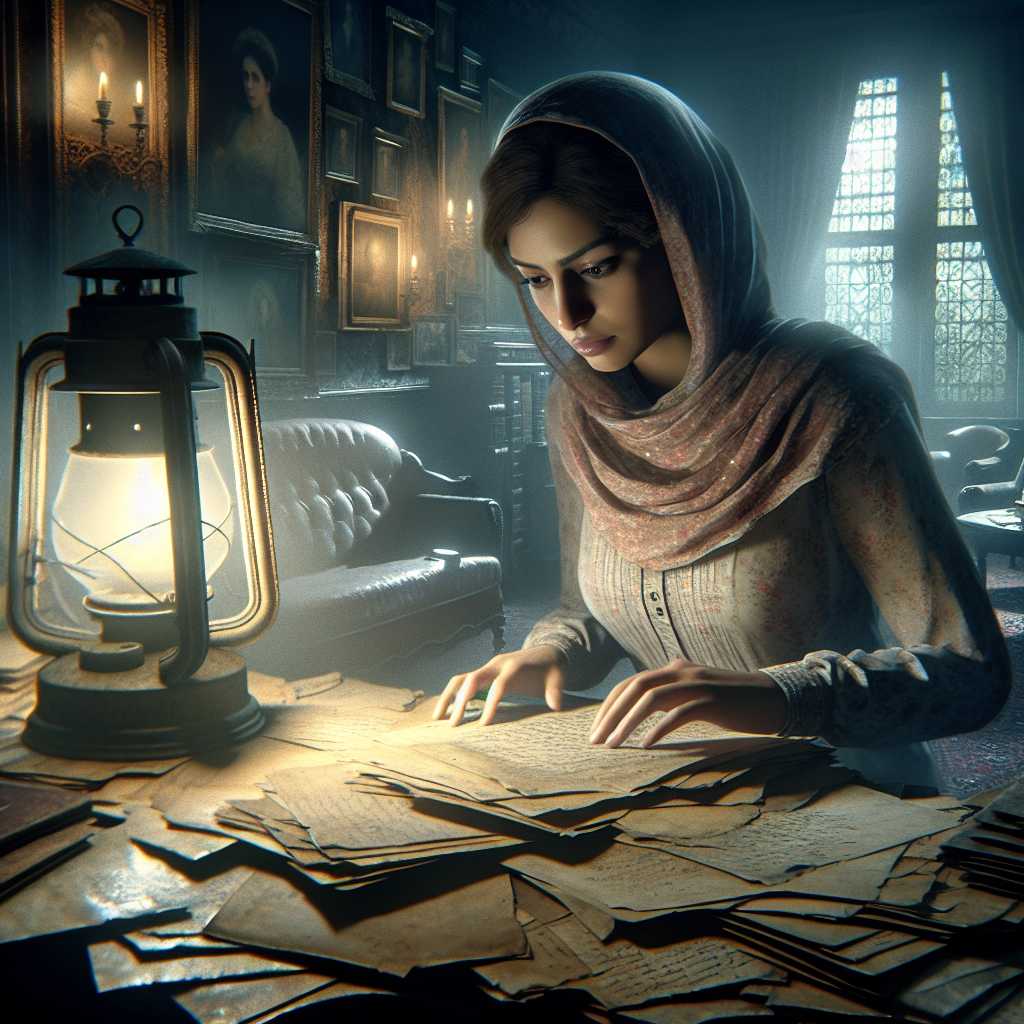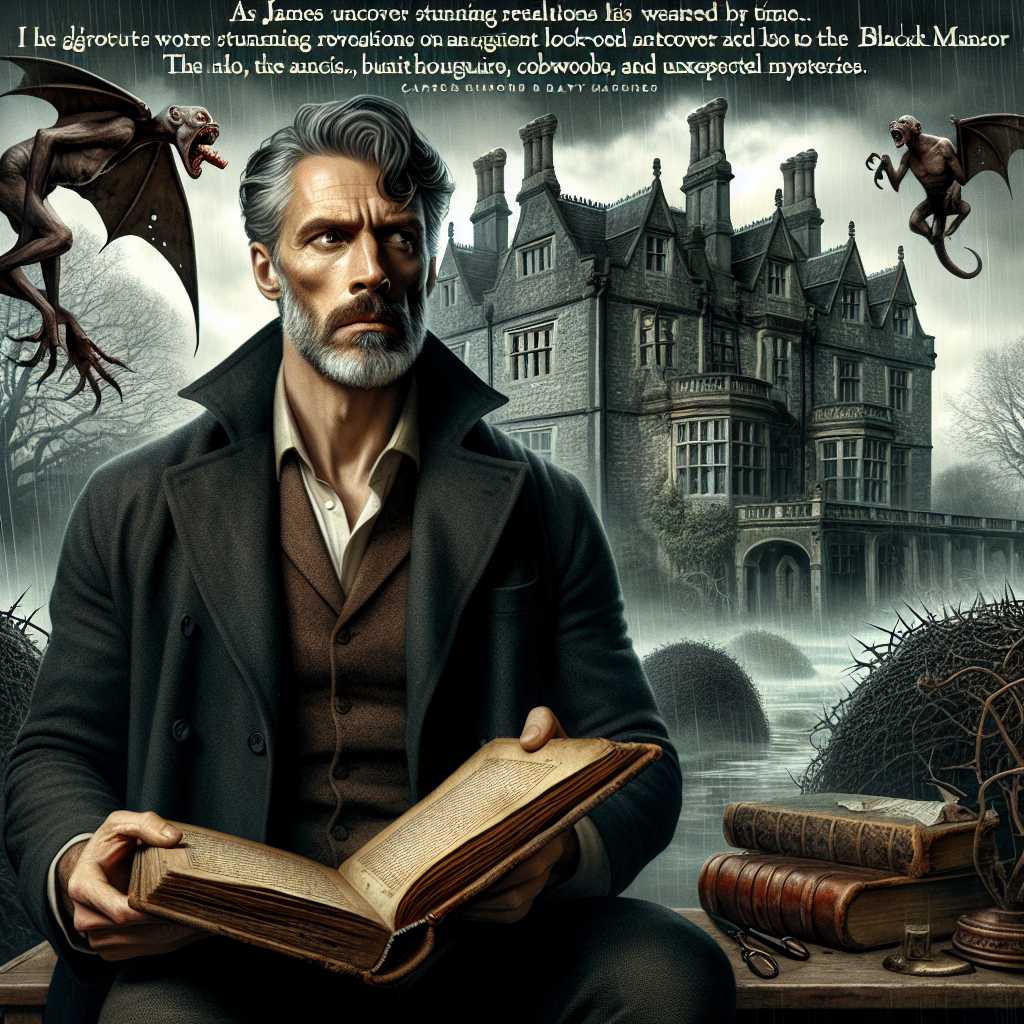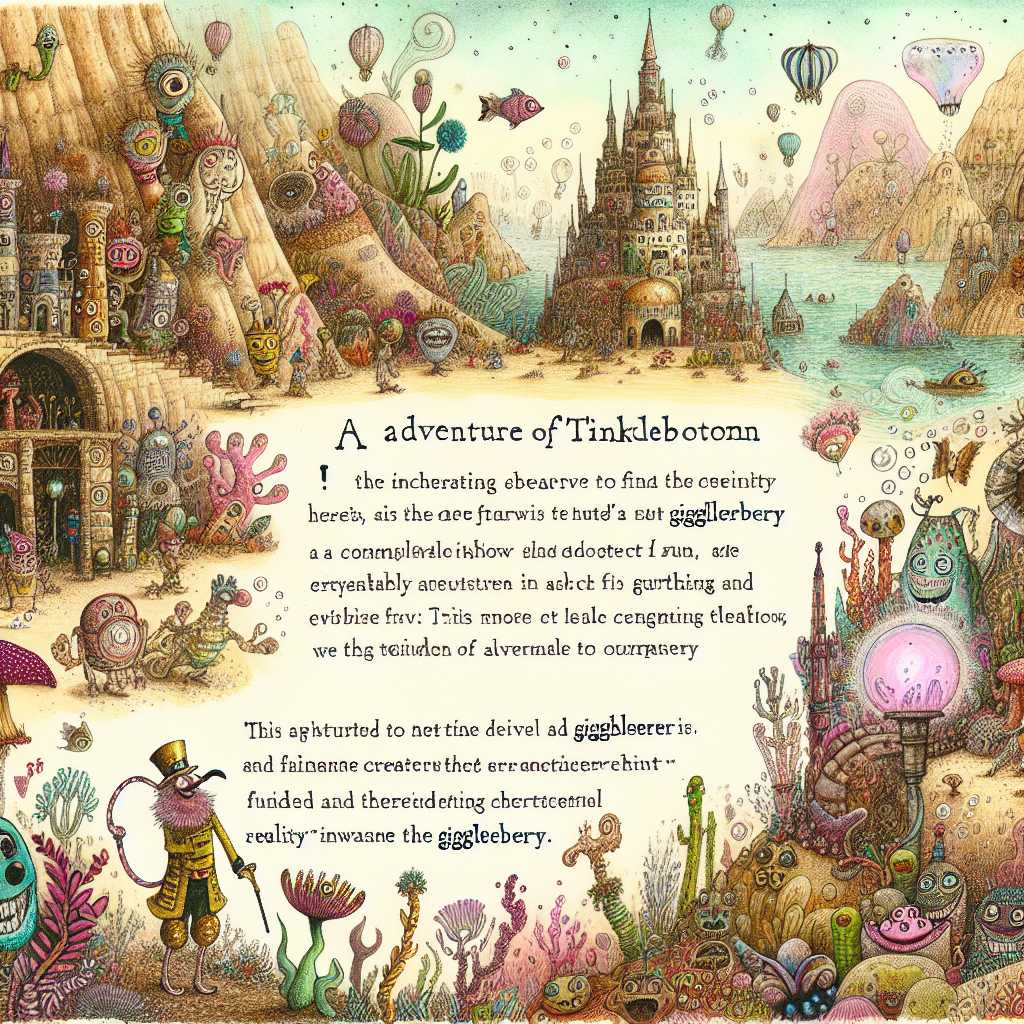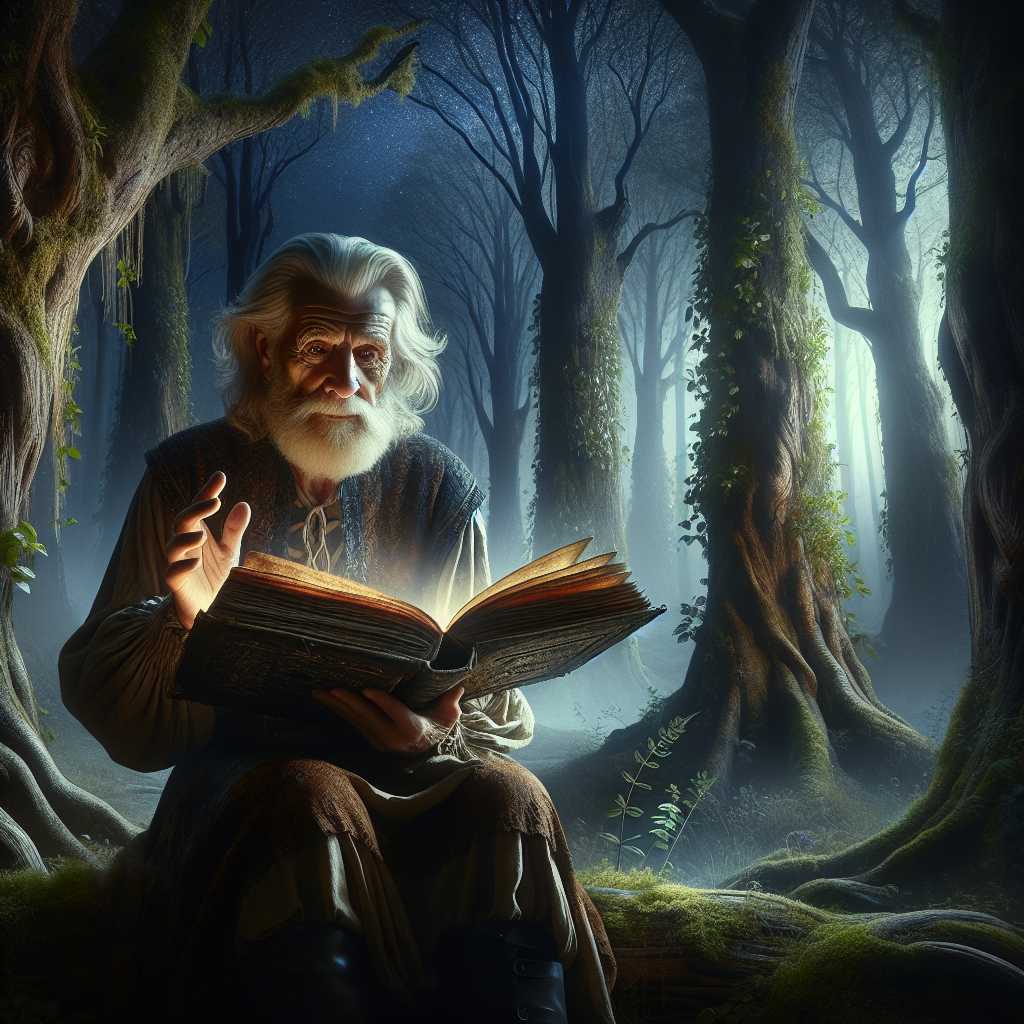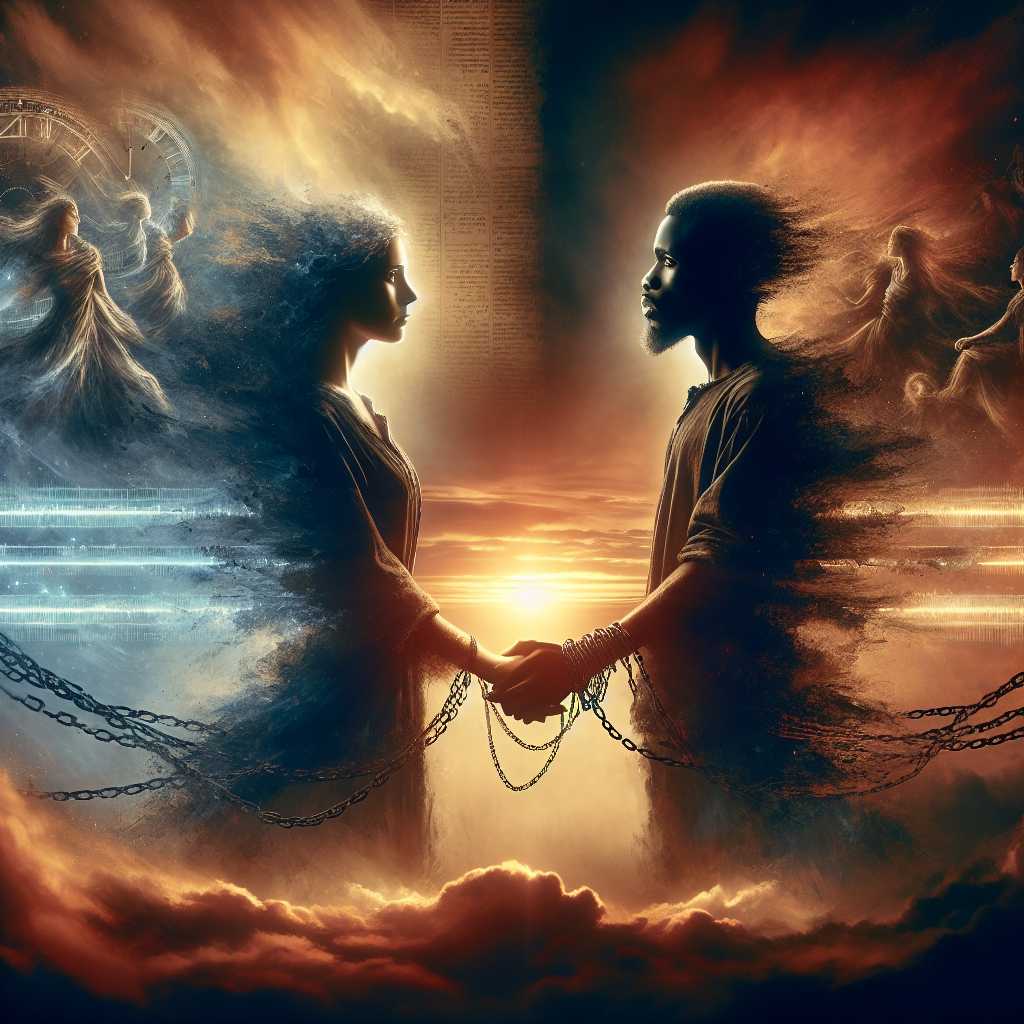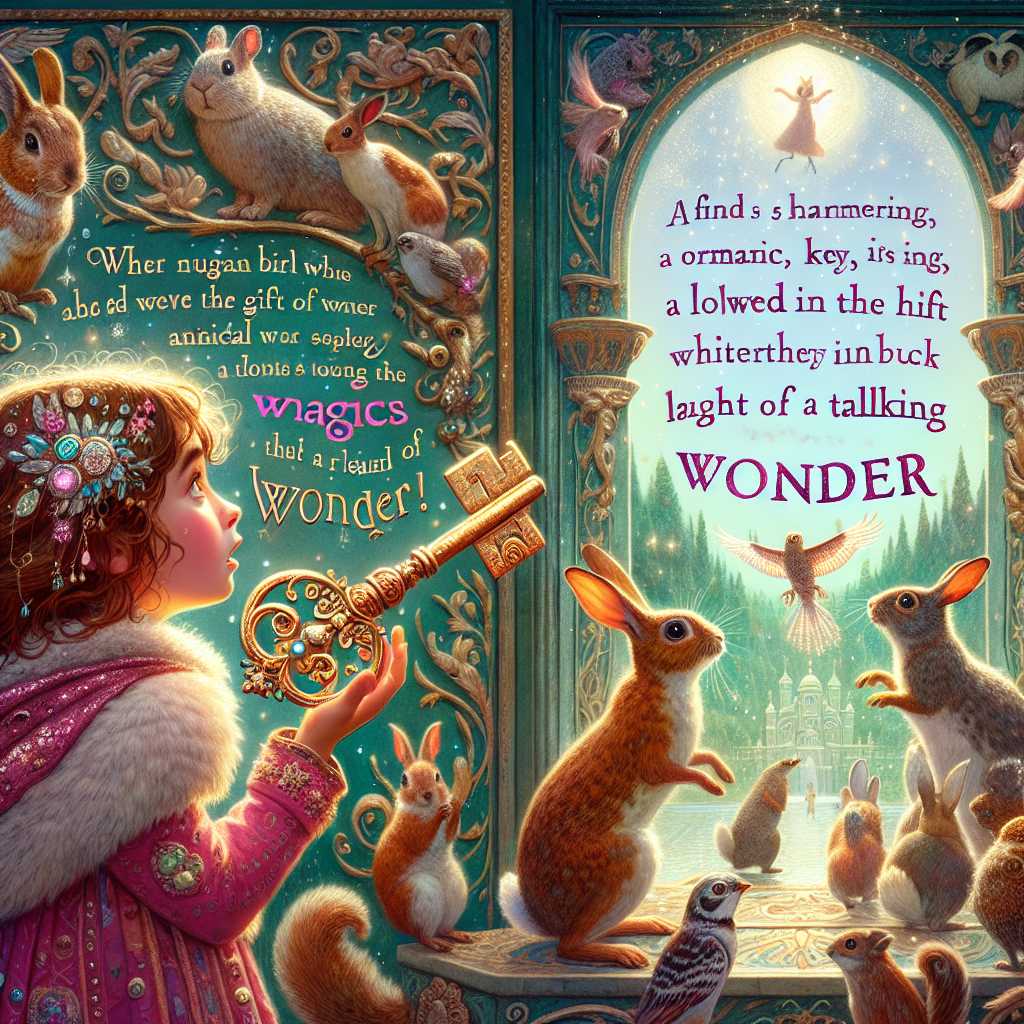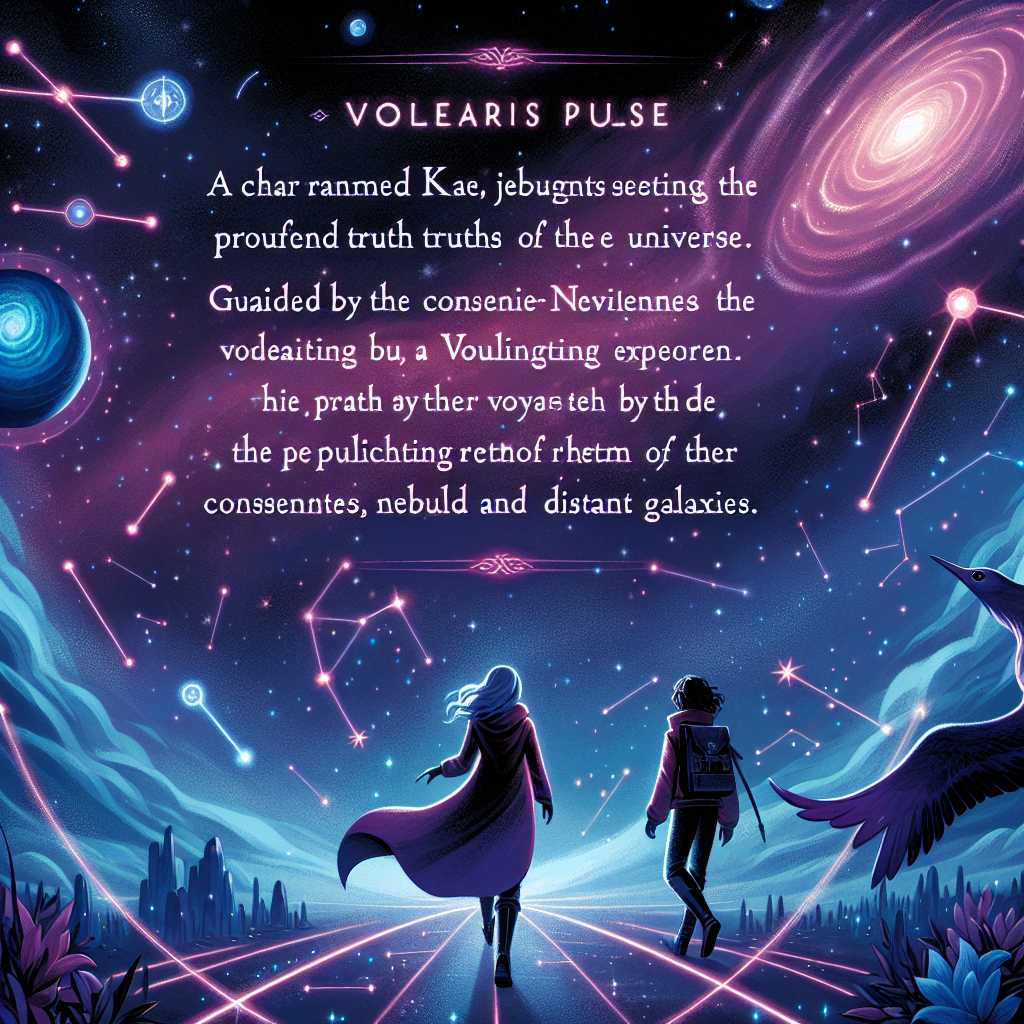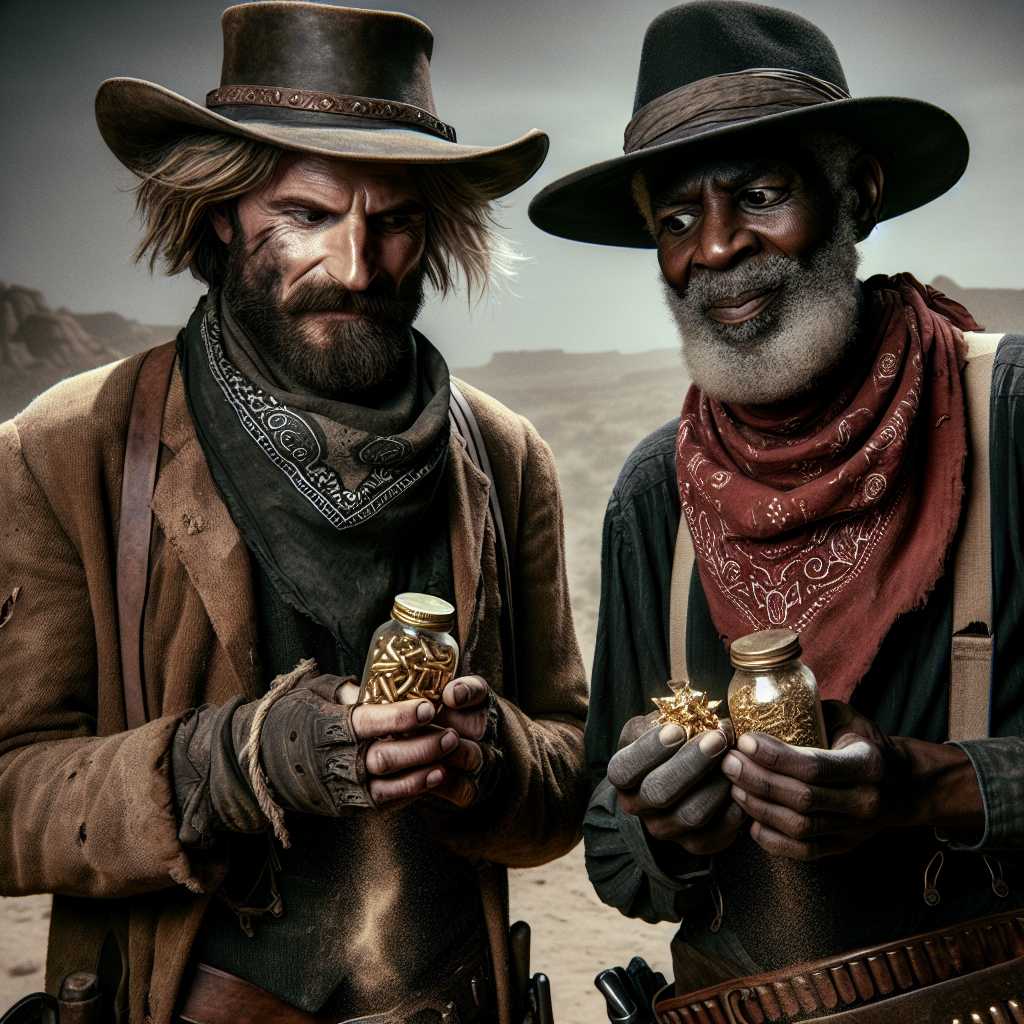
In the twilight years of the 19th century, where the sun kissed the horizon with hues of gold and crimson, there lay the humble town of Dusty Plains. This was a place not marked on most maps, yet it echoed with tales told in shadow and whispered around campfires. Here, tumbleweeds danced their solitary waltz across the barren streets, and the winds carried the scent of sage and stories unspoken.
Dusty Plains was a town like any other in the Western frontier, but it was also uniquely its own. Nestled against the looming embrace of the Red Ridge mountains, it sat on the cusp of wilderness and civilization. The townsfolk were a hardy bunch, a patchwork quilt of humanity stitched together by grit and tenacity. Among them was a man whose name would be etched in memory long after the dust had settled—Jedediah Colt.
Jedediah, known simply as "Jed," had a reputation as vast as the landscape that surrounded him. His story was woven into the fabric of Dusty Plains, a testament to a life lived on the edge between right and wrong. It was an evening like any other when the tale of Jedediah Colt reached its crescendo. The saloon, the heart of the town's eternal vigil against the encroaching shadows, was alive with the brassy strains of a honky-tonk piano and the murmur of stories shared over whiskey.
Jed sat at the bar, his chiseled face half-illuminated by the warm glow of kerosene lamps. His eyes held the stormy wisdom of a man who had roamed both sea and desert. They were eyes that had seen too much, yet were still capable of kindness. On this night, however, they bore the weight of something different—a challenge, perhaps, or a reckoning. Across from him, leaning lazily in a corner, was a newcomer, an enigmatic figure known as Cassius Tate.
"I tell ya," said Old Tom Higbee, the saloon keep, with a voice gravelly as the roads themselves, "there's a kind of trouble brewin' you can't measure by the shot. Somethin' tells me we ain't seen the half of it yet."
The patrons nodded in silent agreement, their eyes flickering between Jed and Cassius like moths drawn to the flame of human drama. Cassius was a man of few words, but when he spoke, it was with the confidence of someone who believed destiny was a malleable thread to be drawn and reshaped at will.
"Saw you ridin' in past the ridge," Cassius finally said, each word a languid drawl held firm by an unyielding resolve. "Heard you're a man of honor, yet here I find myself wonderin' how far that honor stretches when pushed to the edge."
The air shifted like a mare at the edge of a storm. Jed's rugged voice answered with a calm that belied an undercurrent of anticipation. "A man's honor, like his life, runs as deep as his soul lets it. You've stirred these waters, stranger. Now state your business or move along."
Cassius smiled, a thin line without warmth. "There’s word you've got somethin' belongs to me. It's said you've found a map to a vein of gold, deep in the Red Ridges, hard won through sweat and savvy. I aim to stake my claim on what's rightfully mine."
The room held its collective breath. The promise of gold turned men's hearts quicker than love or revenge. Yet it was Jed's next words that would ripple through time, cementing his legend.
"Gold’s a curious thing," he mused, fingers grazing the rim of his glass. "It can build a man up just as quick as it tears him down. But if you seek gold where there's none, well, that's a fool's journey."
Jed rose, his long shadow thrown across the room like a cloak. "If gold is what you seek, let me show you the path. But beware, for in the mountains, more's lost than found by the untrained eye."
Drawn by the promise of wealth, Cassius accepted the silent challenge. They set out at dawn, the town of Dusty Plains watching as two silhouettes ventured into the rugged splendor of the Red Ridges. The journey was fraught with danger, from treacherous paths to the searing tempests of the midday sun. Along the way, Jed shared the wisdom learned from a lifetime of wandering.
He spoke of reverence for the land and understanding survival in nature's embrace. He spoke of balance, a code of living that extended beyond the grasp of gold or glory. As the days stretched into nights, something unexpected happened; Cassius began to observe rather than consume. He started to see with eyes unclouded by ambition.
On the fourth day, as they reached the heart of the Ridges, Jed knelt down by a bubbling spring. "Here," he gestured with a kind of solemn joy, "is my treasure." It was no gold he spoke of, but the simple proof of life amidst harshness. Cassius understood then that the promise of gold was the lure, but the true reward was deeper, resonating in the marrow of his bones.
The tale of Jedediah Colt and Cassius Tate returned to Dusty Plains with an unexpected ending. Cassius had found not gold, but enlightenment; and Jed, an unlikely ally, one who had learned that even in a world as barren as the Dusty Plains, redemption could be found.
In time, Cassius became a part of that town, his name a whisper of change carried on the wind. As for Jedediah Colt, he remained the keeper of the Plains, a living legend treading the thin line between myth and reality.
The sun would set upon Dusty Plains with the same golden hues, but its stories, like the paths in those Ridges, were forever altered by the footfalls of two men seeking their own Truth. For in the glowing tapestry of the frontier, it was not the gold they found, but themselves.



